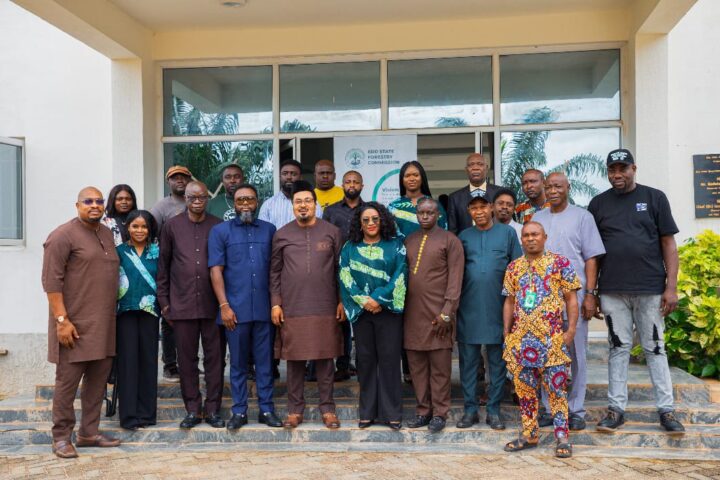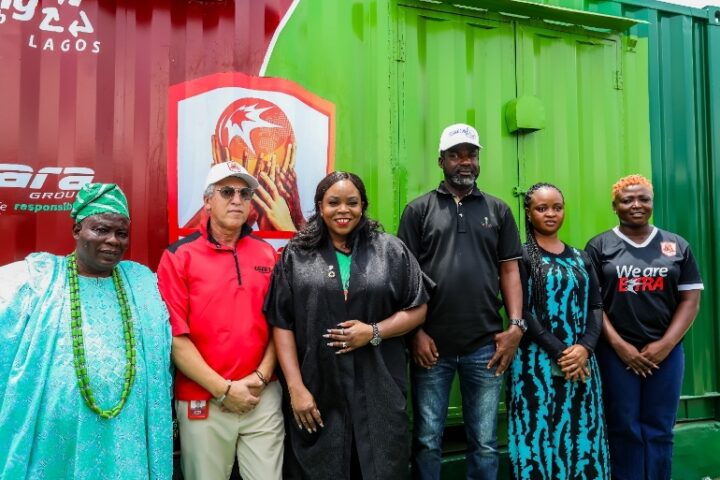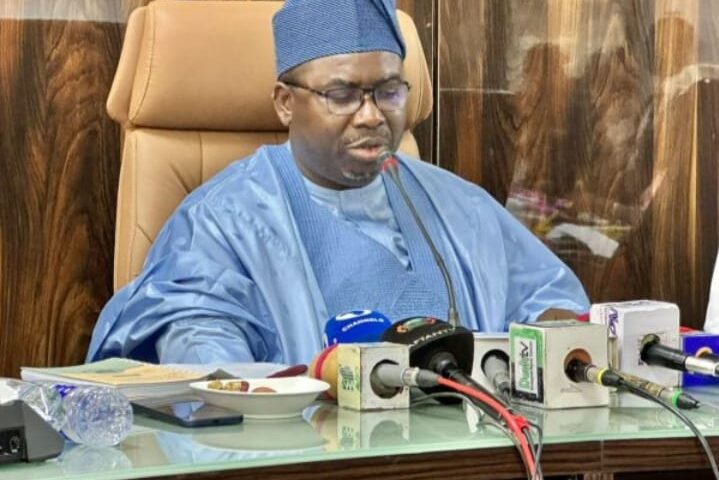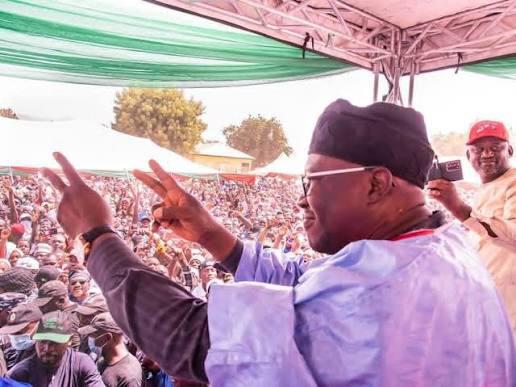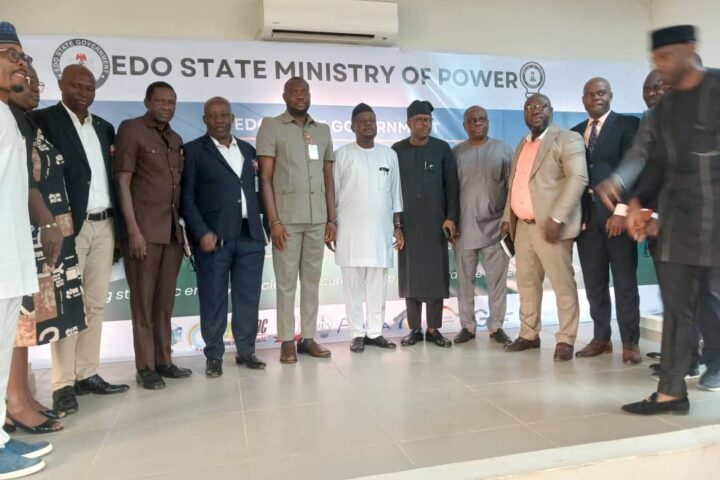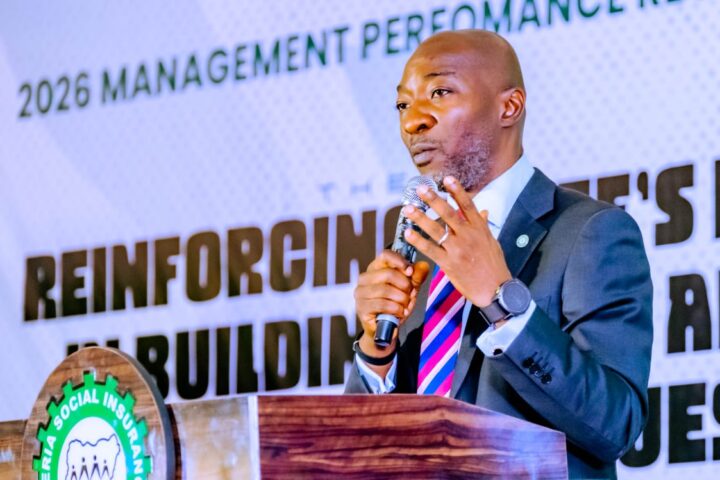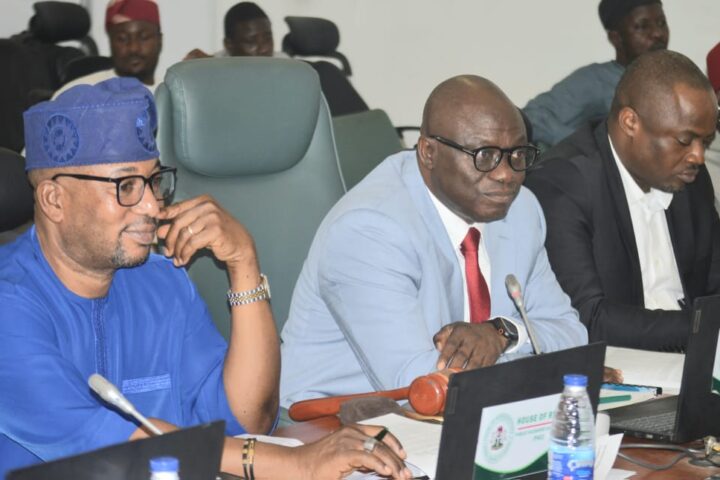Mohammed Shosanya
African Development Bank Group President,Dr. Akinwumi Adesina,has lamented that Africa is being short-changed in climate finance.
Africa is choking,he said,adding that it was wrong for developed countries to shun the $100 billion-a-year climate finance pledge they made to developing countries.
He spoke with journalists from Africa and around the world at a media lunch organized to kick off its 2023 Annual Meetings in the Egyptian resort city of Sharm El
“Your role as the media is very important to help carry the news – the news of efforts being made, challenges being faced, and the fierce urgency of now in getting much-needed climate finance to Africa,” he said.
The Bank Group’s Annual Meetings will allow the Bank’s Board of Governors, African leaders and development partners to explore practical ways of “mobilizing private sector financing for climate and green growth in Africa,” in line with the theme of this year’s meetings.
He said the theme was chosen to draw attention to the urgent need for climate finance.
He added:“Anywhere you look in Africa today, climate change is causing havoc,” Adesina said. “In the Sahel, hotter temperatures are drying up limited water, causing water stress for crops and livestock and worsening food insecurity.”
He said that in vast areas of East and Southern Africa, and in the Horn of Africa, a combination of droughts and floods is causing massive losses of people and infrastructure, leading to rising numbers of refugees.
“There is still much to do, as Africa’s private sector climate financing will need to increase by 36% annually,” he said.
The African Development Bank is spearheading climate adaptation efforts across the continent and has devoted 63% of its climate finance, the highest among all multilateral development banks.
The Bank and the Global Center for Adaptation have launched the African Adaptation Acceleration Program (AAAP) to mobilize $25 billion to support Africa’s adaptation to climate change. It has also established Alliance for Green Infrastructure (AGIA) in partnership with other institutions, to mobilize $10 billion in private investment for green infrastructure in Africa.
Adesina and the Bank Group’s operational vice presidents answered questions on the potential for using capital market instruments such as green bonds to back climate-related investments.
According to Bank estimates, Africa will need $2.7 trillion by 2030 to finance its climate change needs.
Adesina said, “If Africa had that money, the Sahel would have electricity. If Africa had that money, we would recharge the Chad basin, which has provided livelihoods for millions of people in Chad, Nigeria, Niger and Cameroon. Everything will change in all those countries; we will green the Sahel. We will insure every single African country against catastrophic weather events.”
Adesina told the journalists, “Africa’s measured natural capital alone is estimated to be worth $6.2 trillion,” which, if well harnessed, can spur a more rapid economic growth and wealth generation.
He spoke on the bank’s flagship Technologies for African Agricultural Transformation (TAAT) scheme that provides heat-tolerant seed varieties to increase yield in crops such as wheat. He gave the example of Ethiopia which is now self-sufficient in wheat production and plans to export the surplus to neighbouring countries.



